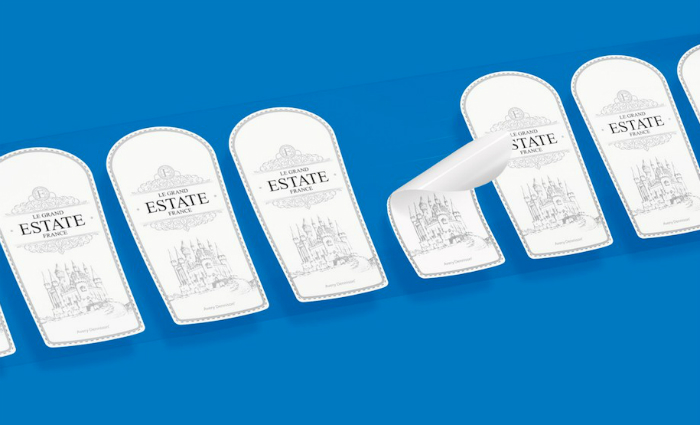Avery Dennison believes it will claim a world first when it introduces a pressure sensitive labelling material supplier liner made from recycled PET, which it calls rPET.
Jasper Zonnenberg, global director for films at Avery Dennison, says the new liner uses carefully selected post-consumer waste. Avery Dennison will release it next month in Europe across a number of self-adhesive constructions:
He says, “Avery Dennison has established eight ambitious sustainability goals that we are committed to achieving by 2025. As part of these goals we are focused on reducing waste, not only throughout our operations, but also through the whole value chain. We are determined to pioneer change across the industry. With a continued innovation focus on solutions that are responsibly sourced, use reduced amounts of material and are more easily recyclable we are pleased to be able to introduce a rPET liner to our portfolio – a liner that is not only easier to recycle, but itself is made of recycled materials.”
“As availability of suitable rPET is currently limited we will initially have a limited supply of our rPET liner – however we will soon be able to scale up production significantly and we aim to have it as an option across all of our filmic and paper constructions.”
Zonnenberg adds that the introduction of the liner requires careful management during liner production to ensure the stability and robustness that 100 per cent virgin resin PET liner is known for:
He says, “Conversion and application speeds help drive the ongoing rise in demand for PET liners, and we have been careful to retain those benefits, while also supporting converters and end users as they make the transition from glassine. These new liners are another example of our determination to provide solutions where higher productivity goes hand in hand with improved sustainability — creating a win-win for both productivity and the planet.”
PET stands for polyethylene terephthalate, a clear, strong and lightweight plastic belonging to the polyester family. It is typically called polyester when used for fibers or fabrics, and PET when used for bottles, jars, containers and packaging applications.


